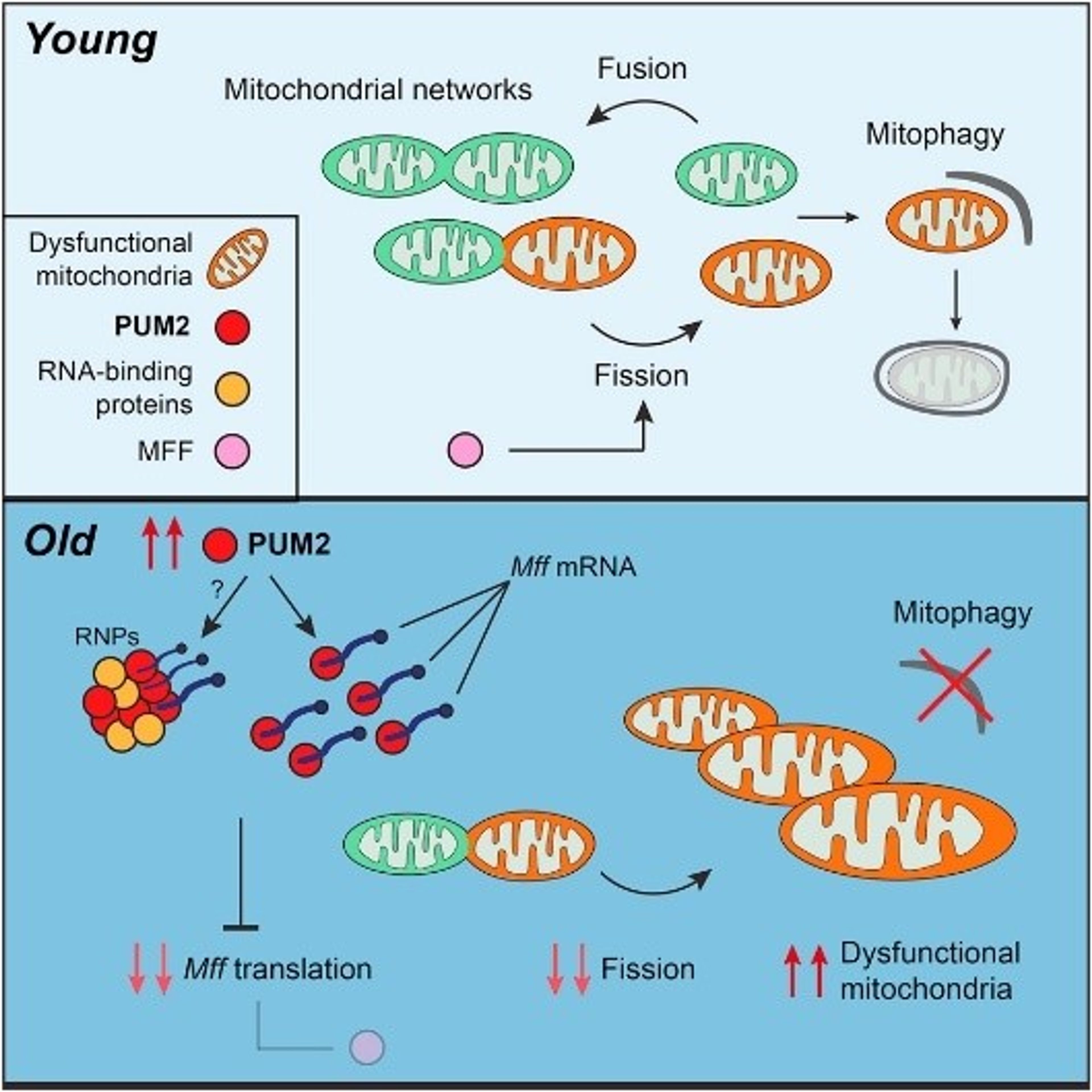What Does Mitochondrial Health Have To Do With Aging?
In this episode of humanOS Radio, Davide D’Amico of Amazentis was invited to discuss mechanisms to boost mitophagy in aging animals.

August 13, 2019
3 min read
Increasing mitochondrial function improves muscle health during aging. Based on research, one way to achieve this is by enhancing the process of mitophagy. In this episode of humanOS Radio, Davide D’Amico was invited to discuss new mechanisms to boost mitophagy in aging and how the mitophagy inducer, Urolithin A, is translating from the lab to the clinic.
Mitophagy allows muscle cells to remove the damaged mitochondria and, in turn, stimulates the replenishment of functional ones, leading to healthier muscle cells and better muscle health.
HumanOS_me asked D’Amico to present a recent scientific paper on mitophagy and aging based on his previous work in the laboratory of Professor Auwerx at EPFL, and published in the journal Mol Cell.
In the interview and podcast, he goes into more detail about the molecular mechanisms behind the link between mitophagy and aging. The short version of the story behind the aforementioned paper is that D’Amico identified a novel protein (called PUM2, see image below) that represses mitophagy in old animals, and he proved that genetically removing PUM2 from old worms and mice was able to increase mitophagy again as well as improve mitochondrial health.

But how does this translate to humans to address age-related changes in muscle health?
As of now, we cannot target PUM2. However, we can achieve a similar result by targeting mitophagy through other specific mitophagy-inducing compounds, most notably, Urolithin A.
Amazentis, an innovative life sciences company based in Switzerland, is pioneering scientific breakthroughs in nutrition to manage health conditions linked to aging with its proprietary Mitopure (highly pure Urolithin A) technology.
What is Urolithin A?
Urolithin A is a microflora-derived metabolite of ellagitannins, a class of compounds found in the pomegranate and other fruits and nuts. Oral administration of Mitopure (a proprietary and highly pure Urolithin A) leads to improved mitochondrial function by stimulating mitophagy, a process by which aging and damaged mitochondria are cleared from the cell, leading to the growth of healthy mitochondria.
The first-in-human trial results on Mitopure were recently published in Nature Metabolism by Amazentis, researchers from the École Polytechnique Fédérale de Lausanne (EPFL), and the Swiss Institute of Bioinformatics (SIB).
This first translation of the science into humans demonstrated Mitopure is safe, bioavailable, and is effective in improving mitochondrial health through upregulation of mitochondrial gene expression localized to the skeletal muscle.
Previously, Amazentis and the EPFL reported preclinical results in Nature Medicine in an article titled, “Urolithin A induces mitophagy and prolongs lifespan in C. elegans and increases muscle function in rodents”. Additional human clinical studies with Mitopure are under way.
This interview shows how solid scientific research can translate into products to improve human health and how Mitopure is translating from the lab to the clinic.
Read more about the interview and listen to the podcast version here.
Authors
Amazentis Editorial Staff


